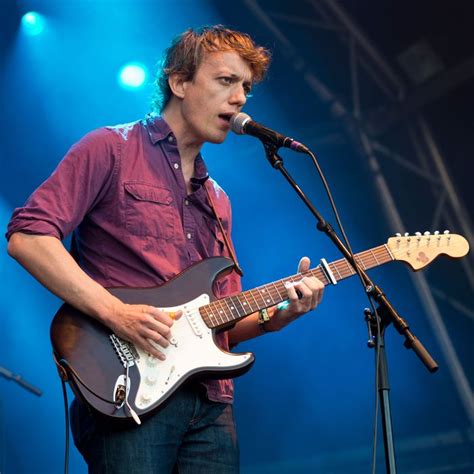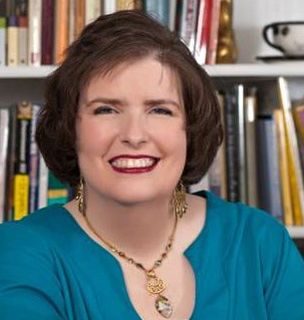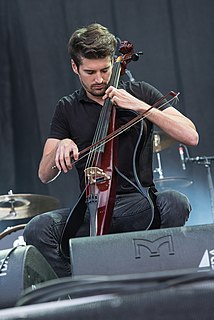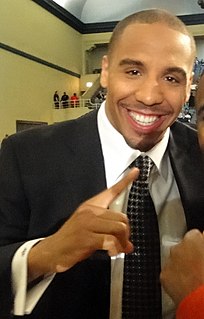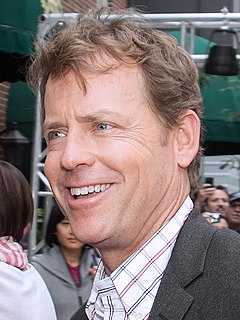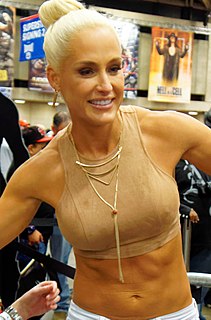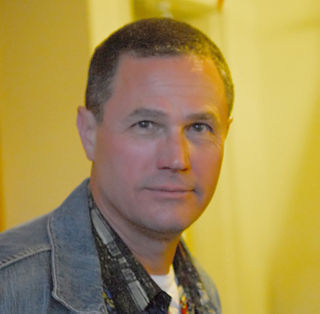A Quote by Lynn Nottage
I know what I'm trying to say, so I'm always open to learning how to say it.
Related Quotes
I put a lot of pressure on myself to figure out what to say and, lately, I've started trying to work through things in my head. Before, I wouldn't trust my instincts or what I wanted to say and I really struggled with what I wanted to say. I guess it's just the classic case of writer's block and learning how to work through that. I'm slowly learning how.
You know how sometimes you're talking to people who love you and give you unconditional love, and you say, "But you know what? Let me back up. I forgot to say . . ."You can do that, right? You don't hesitate and say, "Oh my God! I forgot to say that!". You just speak! And you say it all, until you have nothing more to say. And that's your first draft. It's done.
When I started out as an actor, I thought, Here's what I have to say; how shall I say it? I began to understand that what I do in the scene is not as important as what happens between me and the other person. And listening is what lets it happen. It's almost always the other person who causes you to say what you say next. You don't have to figure out how you'll say it. You have to listen so simply, so innocently, that the other person brings about a change in you that makes you say it and informs the way you say it.
Regardless of the weight of the role, I feel like the job is always kind of the same. Who is this person? What's this guy here, what's he trying to say? And what's the volley with all these other people around him? So I don't feel like that part of it changes. I have not reached the point - if there's a point you reach as an actor where it's, "Oh, I got this figured out, I know how to do this". But I am happy to say that the primary building blocks of where you start, at least, there is a little bit of sameness to that. And that's always nice.

